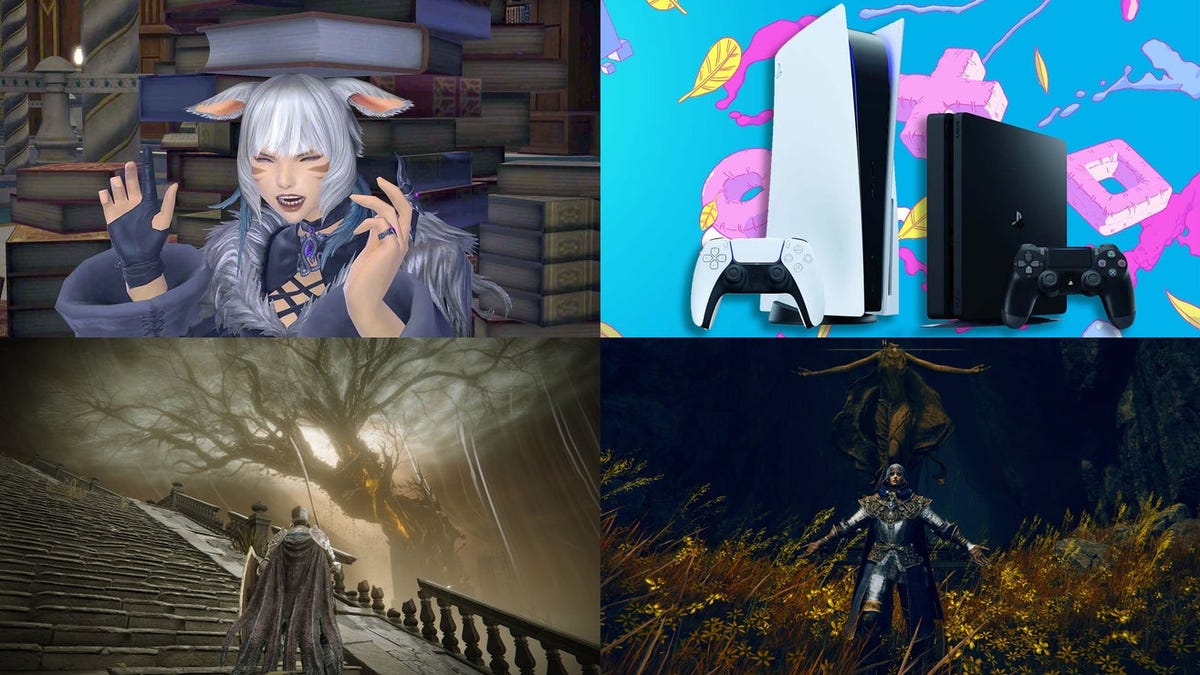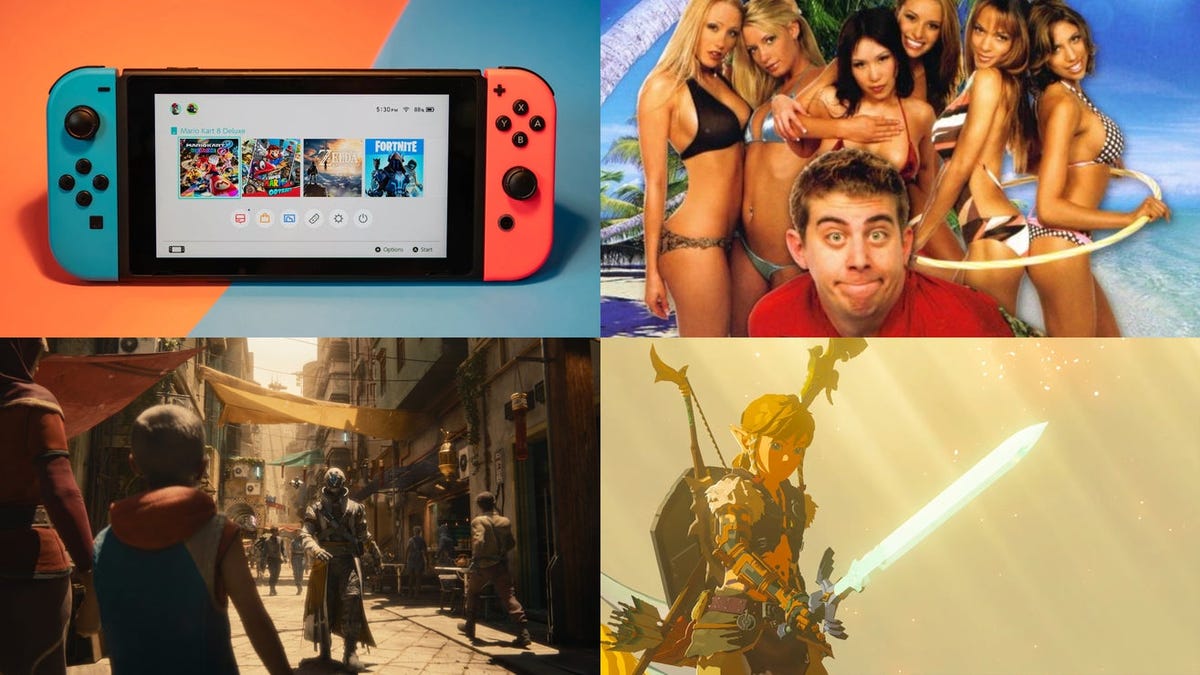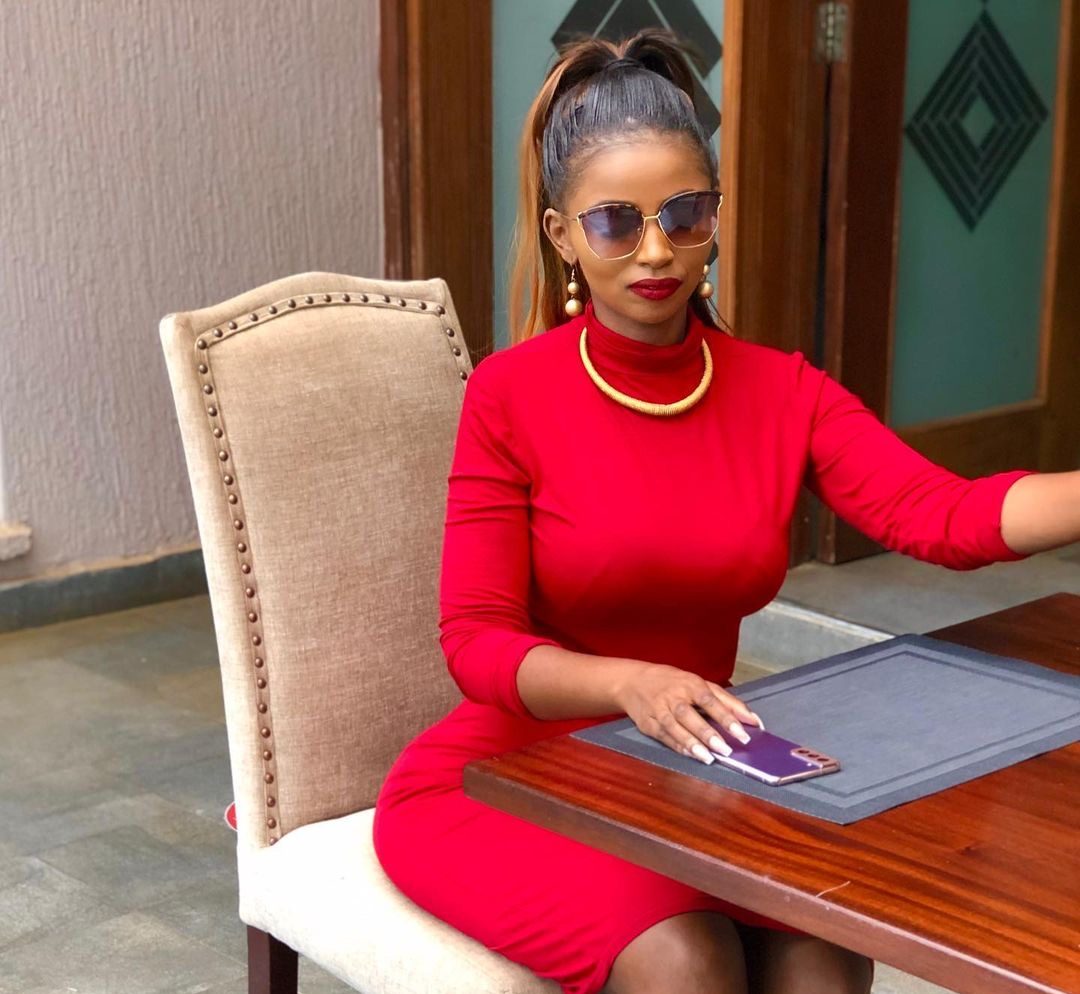How TikTok creators are revolutionising Kiswahili language education
On 7 July, the world will celebrate World Kiswahili Language Day, recognising the global importance of Kiswahili in uniting communities across Africa. TikTok, known for inspiring creativity and spreading joy, has become a hub for practical solutions to real-life challenges, captivating its community with innovative and locally relevant content. #Kiswahili and #SwahiliTikTok are a few […] The post How TikTok creators are revolutionising Kiswahili language education first appeared on KBC.

On 7 July, the world will celebrate World Kiswahili Language Day, recognising the global importance of Kiswahili in uniting communities across Africa.
TikTok, known for inspiring creativity and spreading joy, has become a hub for practical solutions to real-life challenges, captivating its community with innovative and locally relevant content.
#Kiswahili and #SwahiliTikTok are a few of the popular hashtags Kiswahili-speaking communities and enthusiasts use to share content on TikTok.
From food recipes and fashion tips to entertainment and language education, the Swahili-speaking community has embraced Kiswahili to bring people together.
Kiswahili is Africa’s most internationally recognised language and is spoken widely across the continent.
According to UNESCO, with over 200 million users globally, it stands among the select few languages with such a vast reach.
This year, for the first time, Kenya will host the World Kiswahili Language Day celebrations under the theme: ‘Kiswahili, Multilingual Education and the Enhancement of Peace’.
The annual celebration aims to promote Kiswahili as a symbol of unity, peace, and multiculturalism.
The East African Community (EAC) countries—Kenya, Tanzania, Uganda, Rwanda, DRC, South Sudan, and Burundi—are known for their proficiency in Kiswahili.
Kenya and Tanzania have Kiswahili as their national languages, and as part of this year’s celebrations, Kenya is expected to declare a National Kiswahili Day, encouraging everyone to speak the language.
“The emergence of Kenyan TikTok content creators dedicated to teaching Kiswahili is a commendable effort in preserving and promoting cultural and linguistic heritage.
“Embracing digital platforms for language education is crucial in ensuring the continued global relevance and appeal of Kiswahili to the global community,” said Boniswa Sidwaba, Head of Operations in Sub-Saharan Africa at TikTok.
Popular Kiswahili Creators on TikTok
Several TikTok creators across East Africa are using the platform to educate others about Kiswahili and integrate it into various linguistic communities.
- @lugha_hub_swahili (97.6K Followers)offers lessons in Swahili and English, covering phrases for everyday situations like home, school, and the market. He also teaches Swahili to kids, provides guidance, and sells books to improve conversational Swahili skills.
- @godwinthenewsman (339.1K Followers) specialises in beginner-level vocabulary lessons in Kiswahili, focusing on building a strong foundation in the language.
- @abalanguguagescenter (10.3K Followers) helps the Somali community in East Africa learn Kiswahili. He is also writing a Kiswahili beginner’s book translated into Somali.
- @mwalimu57 (64.7K Followers) teaches Swahili and clarifies terms widely used by Kenyans that are perceived as Swahili words but are actually adopted from local languages. She offers alternative Swahili names for such terms and translates challenging English and scientific words into Swahili.
- @swahiliwithtwea (125.2K Followers) goes beyond teaching Swahili basics by translating from English and Luganda. She also uses famous music lyrics to explain the meaning of words creatively.
The post How TikTok creators are revolutionising Kiswahili language education first appeared on KBC.
What's Your Reaction?











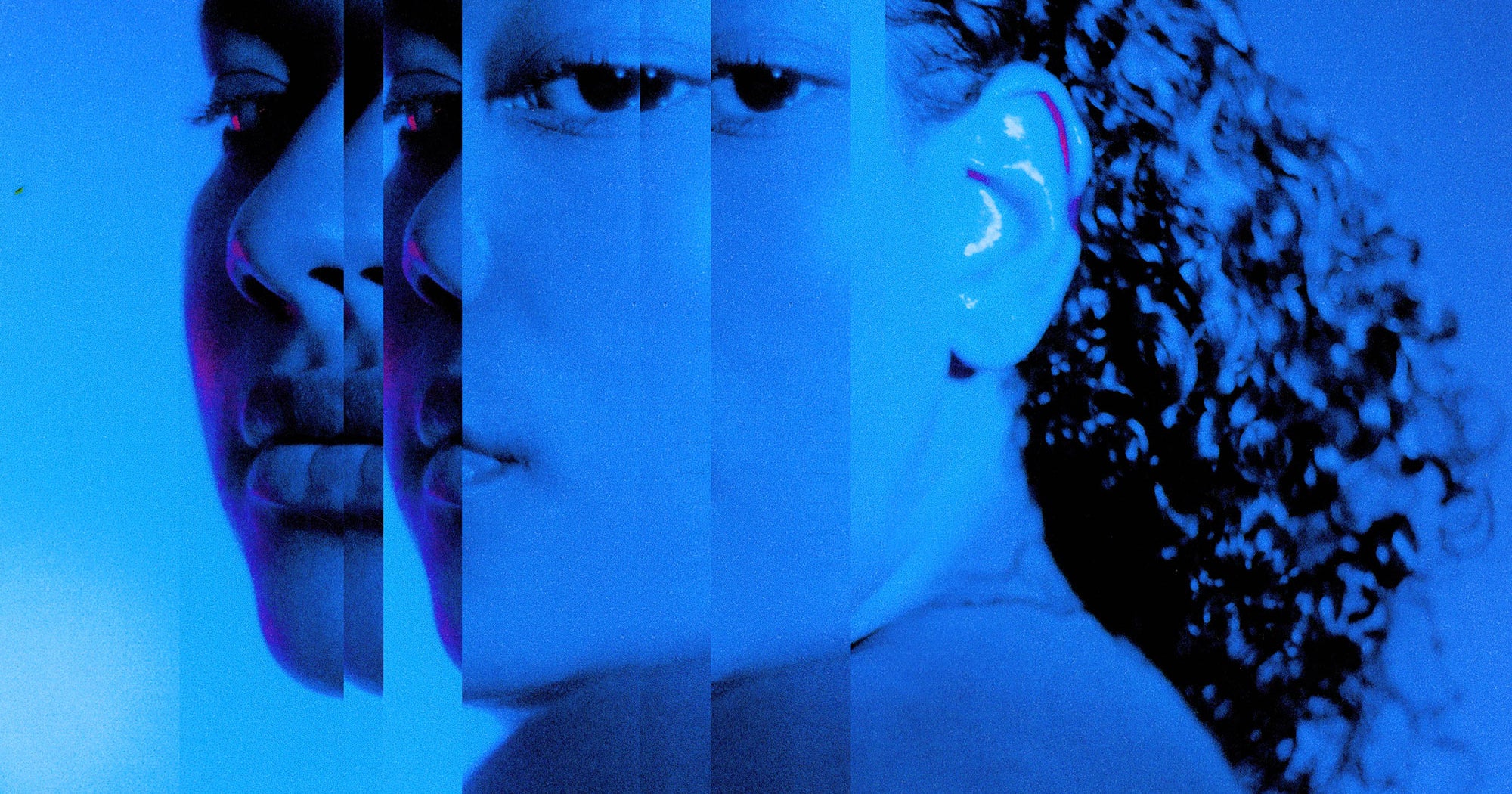







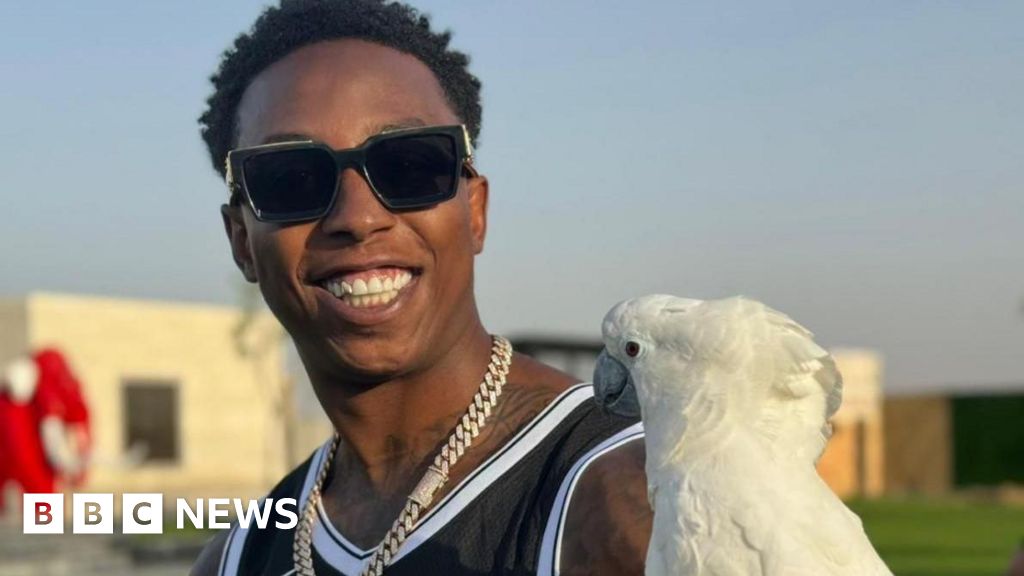

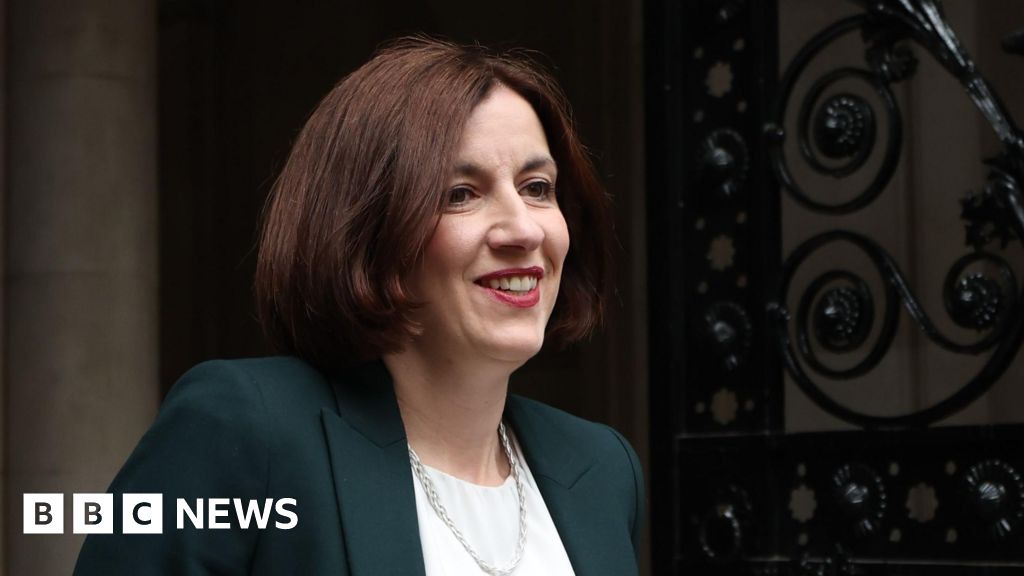
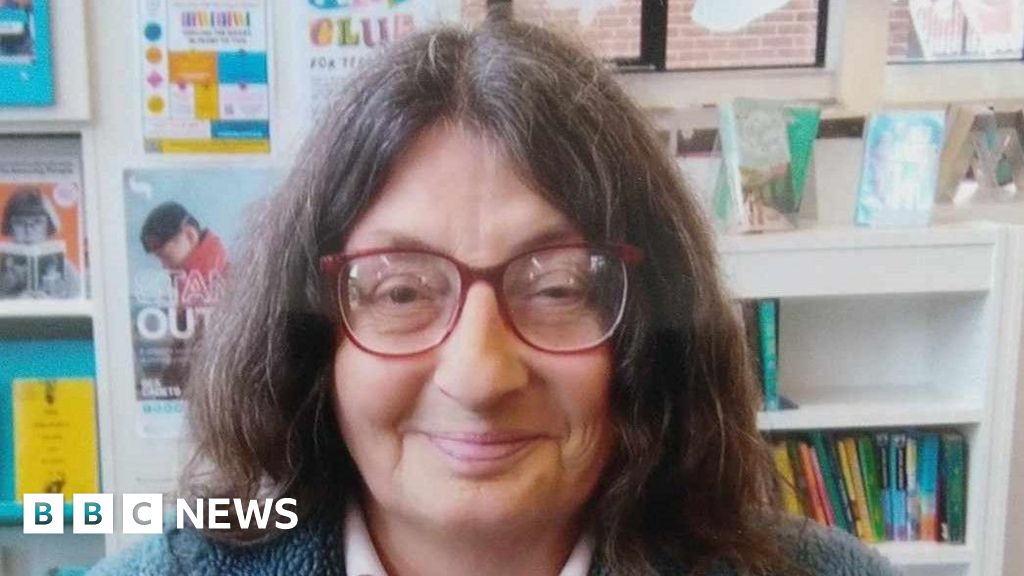





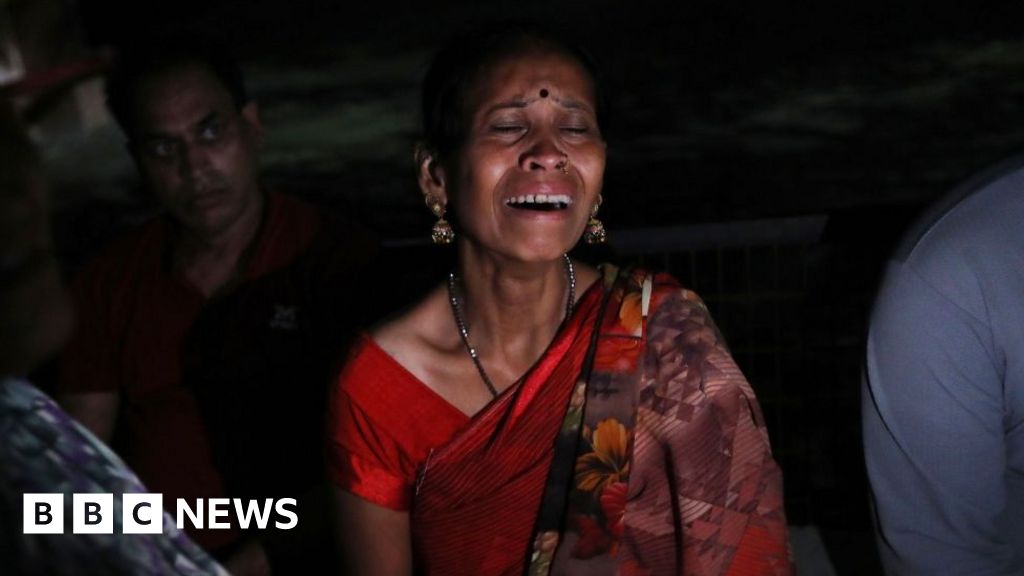
/cdn.vox-cdn.com/uploads/chorus_asset/file/25517270/DSC07577.jpg)
/cdn.vox-cdn.com/uploads/chorus_asset/file/25521448/1135669563.jpg)
/cdn.vox-cdn.com/uploads/chorus_asset/file/25521460/rgbwindows.jpg)

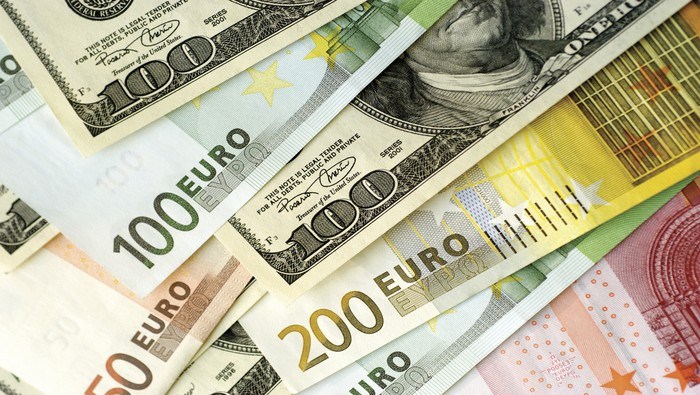

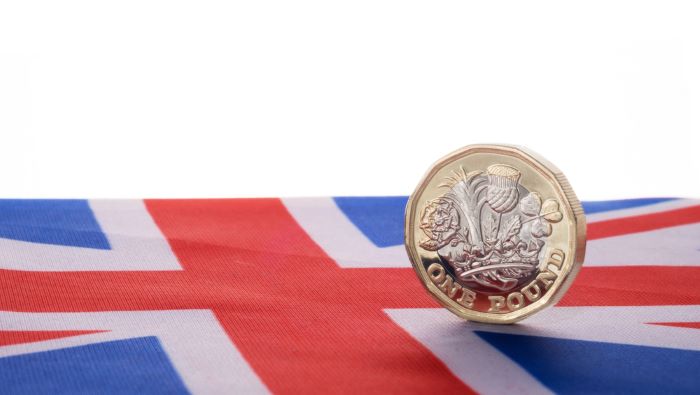





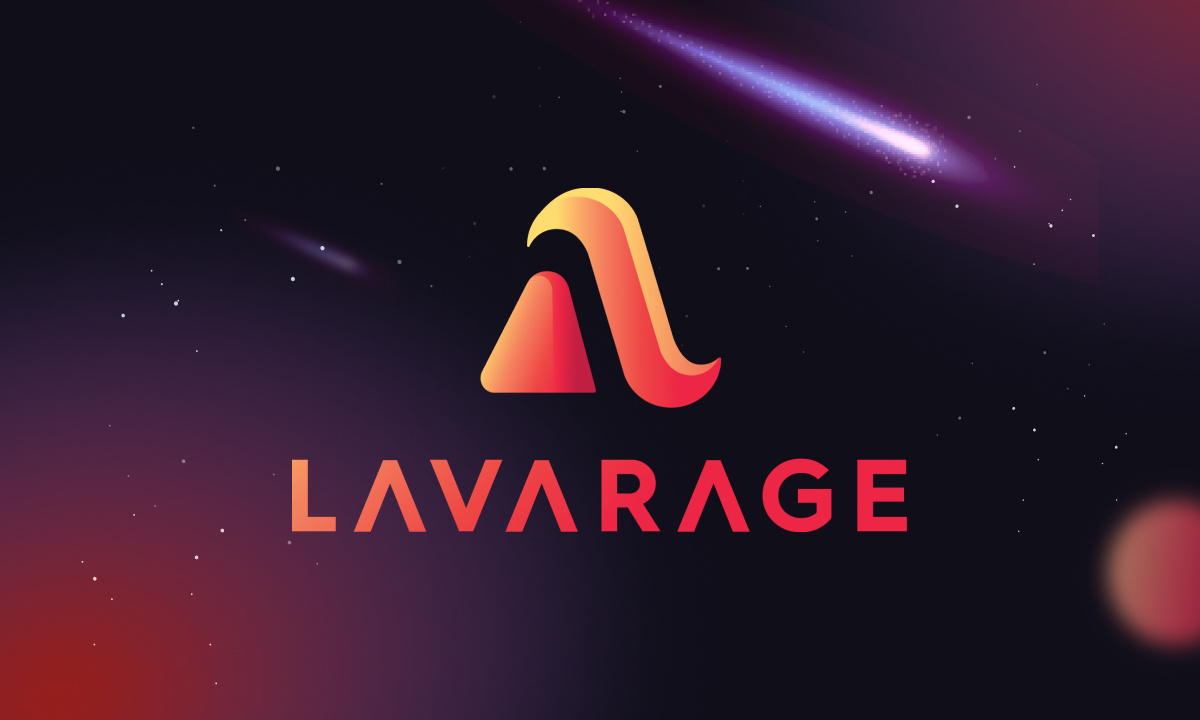






























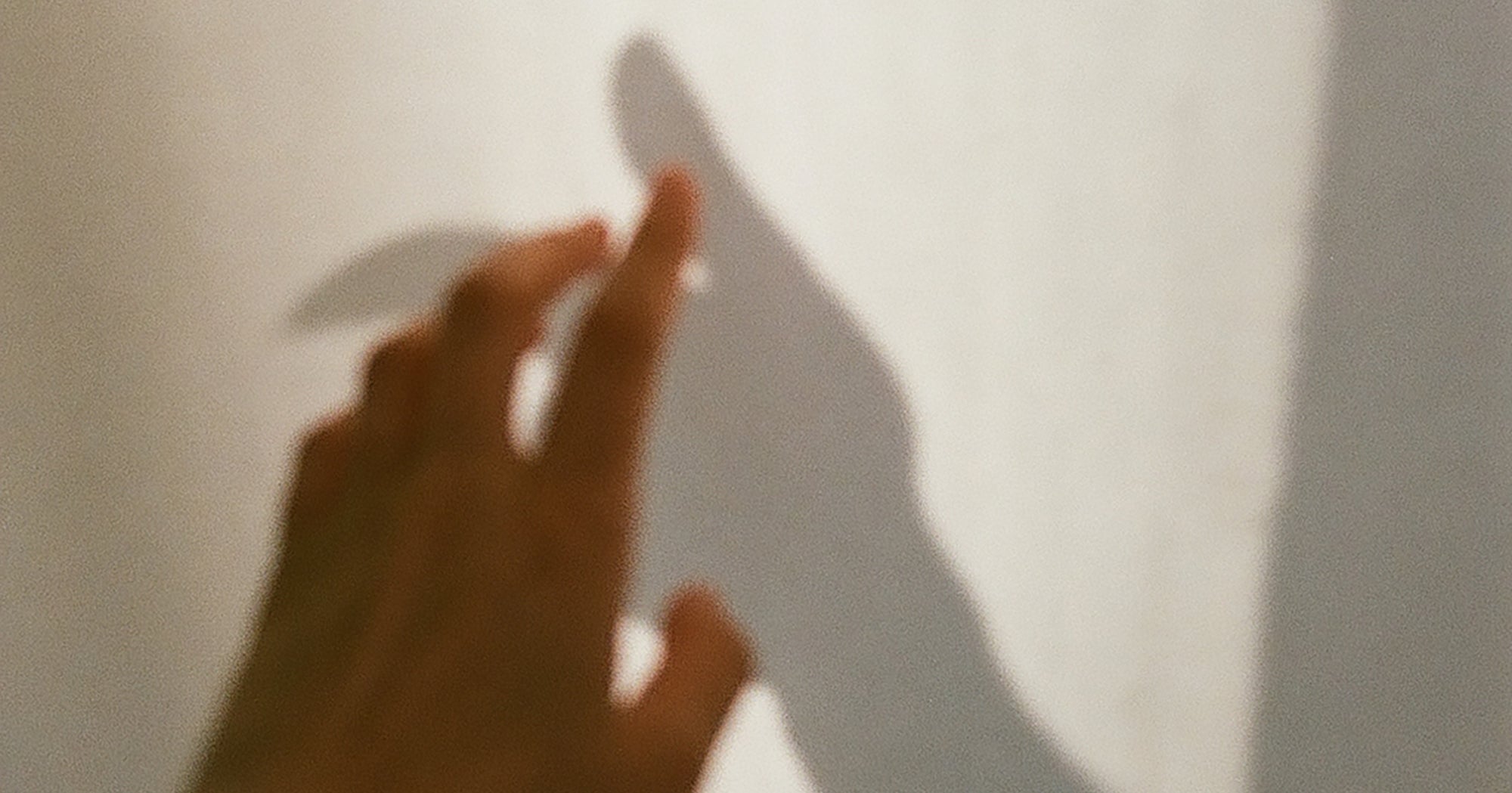


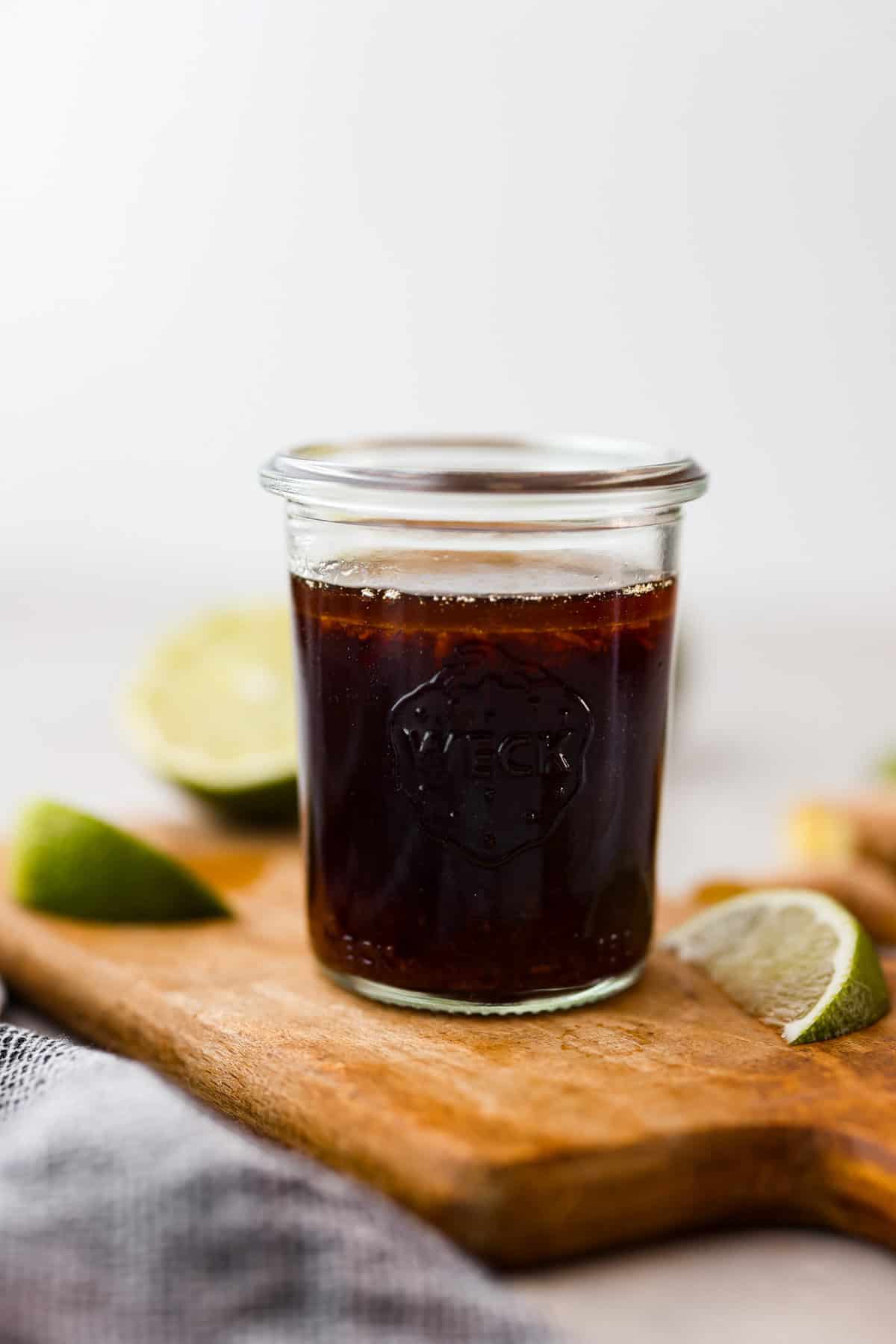

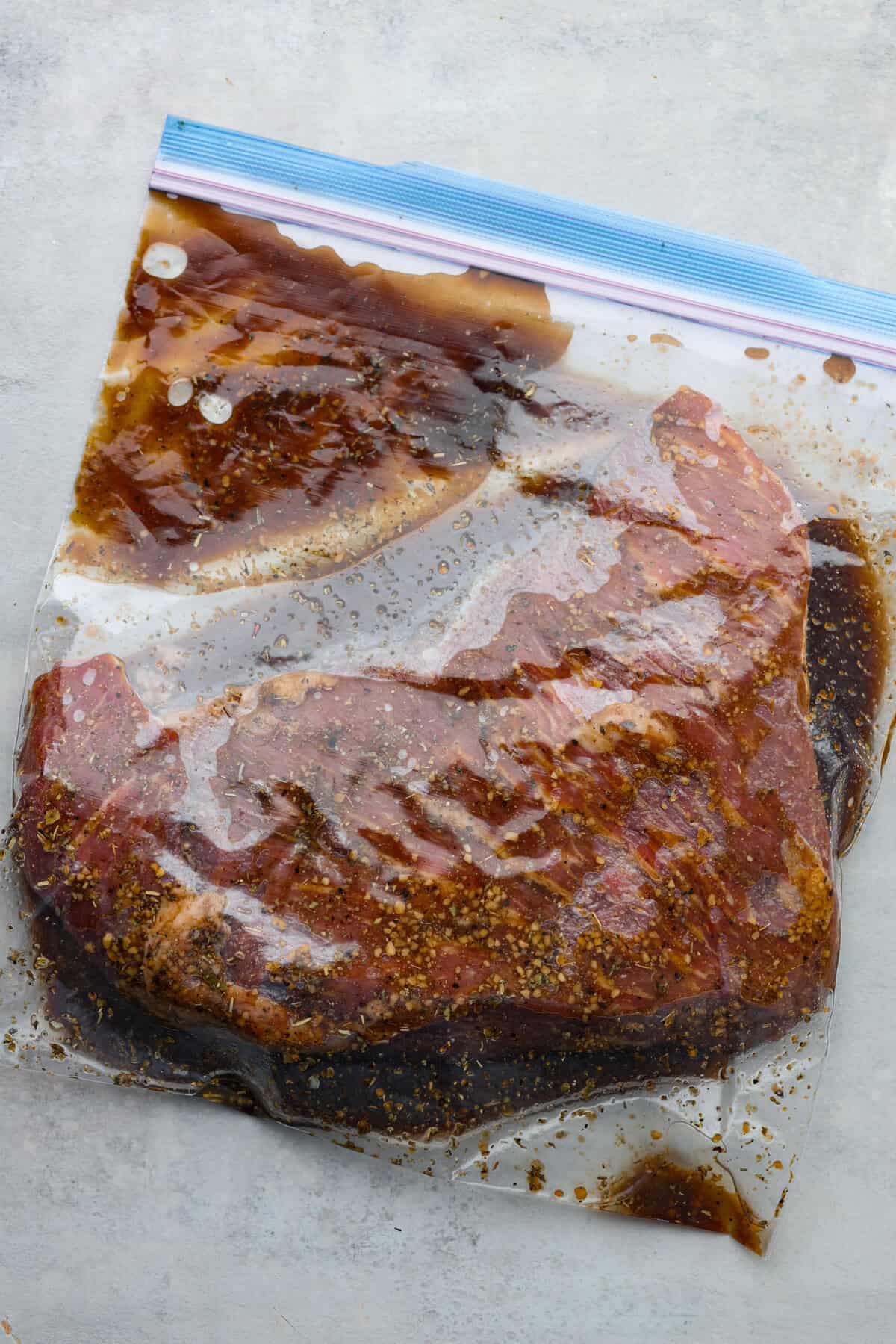
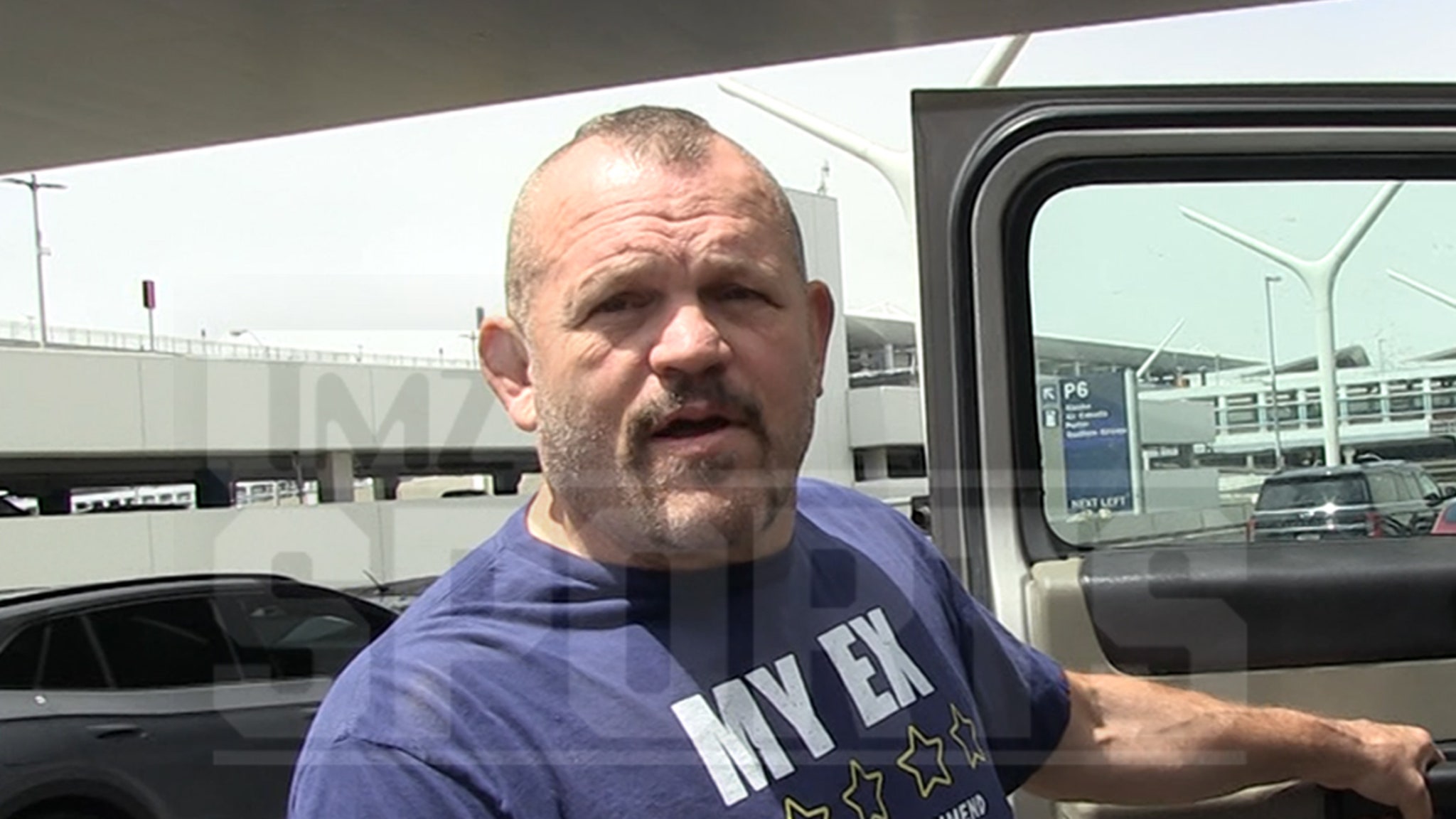
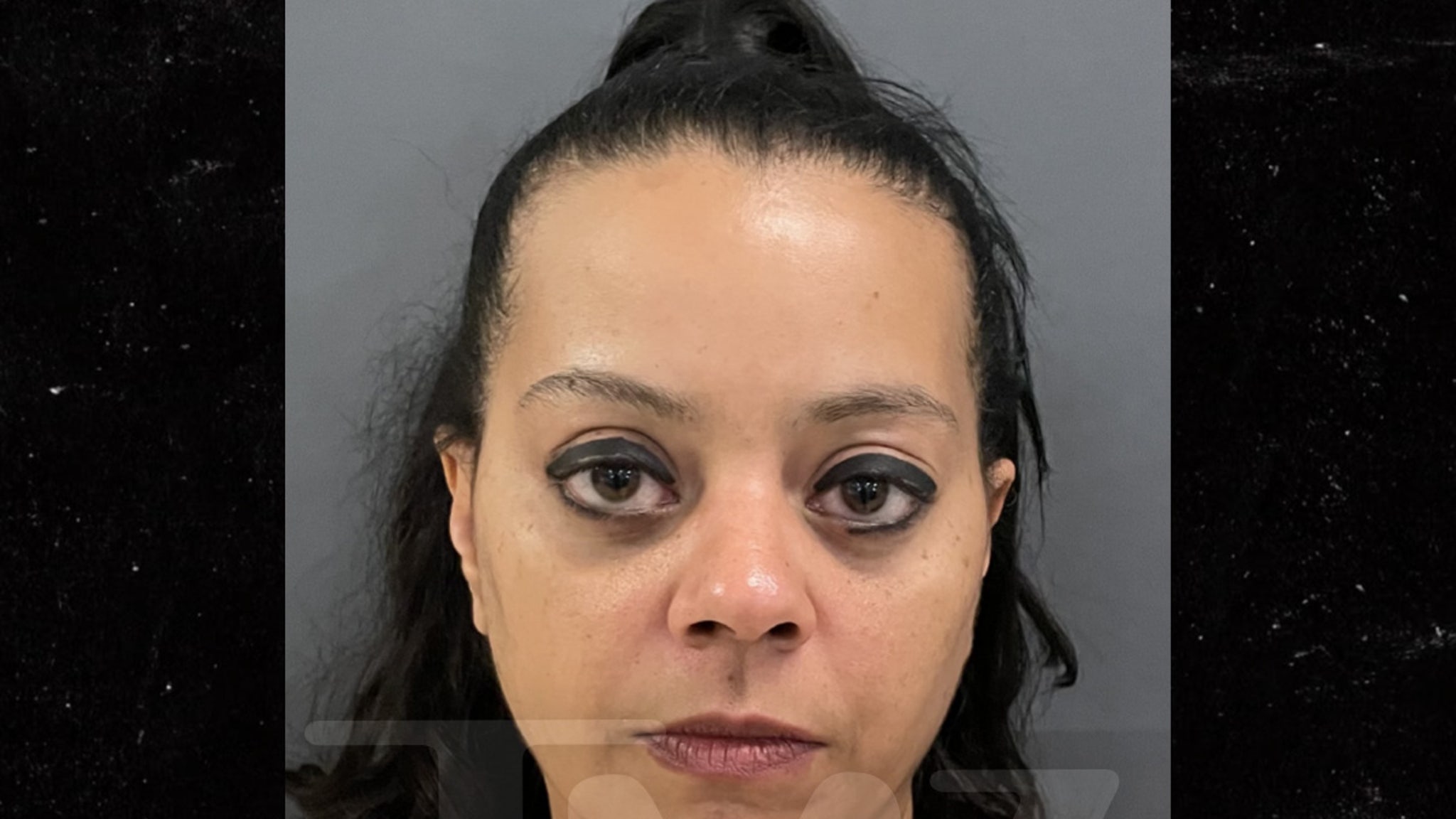
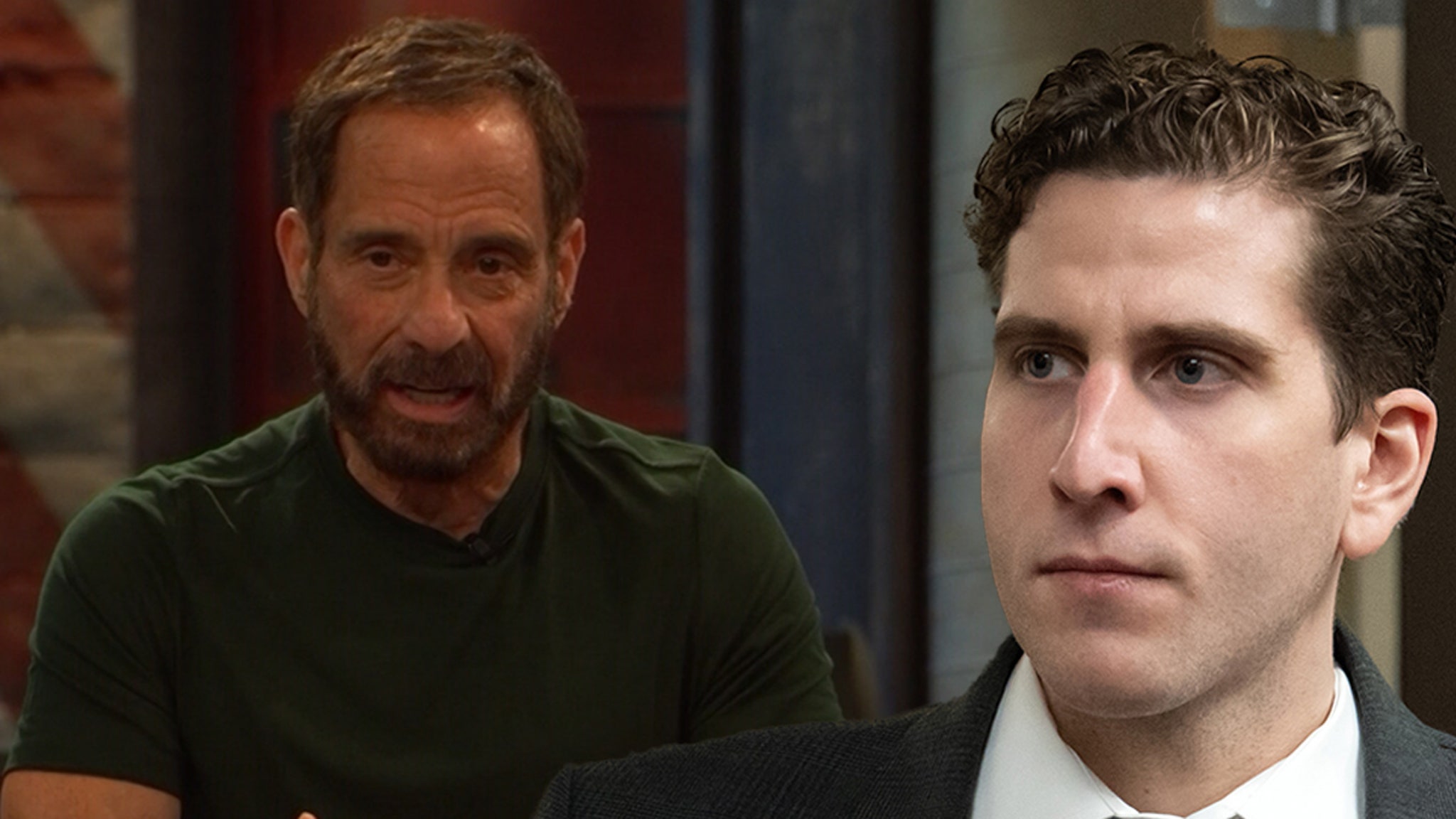





![Your First Look At Shadow In The Sonic 3 Movie Is Via A Leaked Popcorn Bucket [Update]](https://i.kinja-img.com/image/upload/c_fill,h_675,pg_1,q_80,w_1200/9832a522e117160520a9686f39e2c886.jpg)

